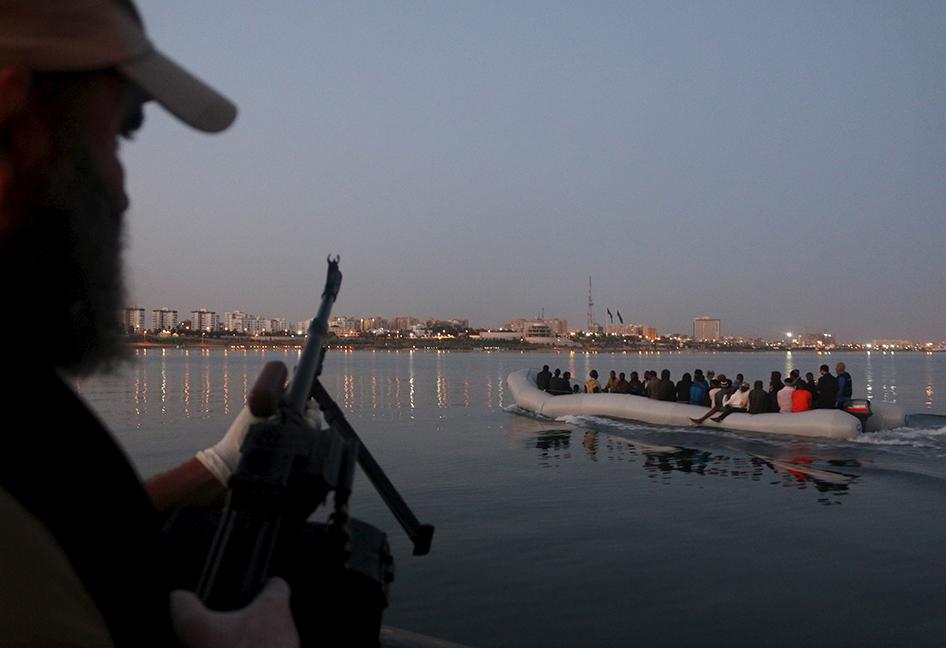As buildings grow taller, so do the populations that inhabit them. The everlasting need to develop our neighboring societies is at its climax. Since the 1980s the International Monetary Fund (IMF) and World bank has been responsible for offering financial and technical assistance to developing countries who accept their conditionality. The goal being that this would allow these countries to catch up to the developing world, however since then world bank President, Jim Yong Kim has stated that [they] have “found several major problems” within the World Bank. These problems stem mainly from the Structural Adjustment Policies (SAPS) that were originally intended to ensure that the money would be well implemented, however critics have argued that these conditionality actually devastate the developing countries well being further ((Edkins & Zehfuss, 2014)).
While it has been argued that the AIIB acts as a competitor to the World Bank and IMF, critics have disagreed such as US banker Robert B. Zoellick who instead sees , “the AIIB [as] offer[ing] an opportunity to strengthen the very international economic system that the US created and sustained.” Since its creation the AIIB has helped the landing of reforms that the IMF and World Bank dealt with in Asian and Oceanic countries. It has also allowed these countries to be more represented in an international institution designed to help them. Professor of law at American University Daniel Bradlow “called these countries ‘IMF consumer states’, as opposed to ‘IMF supplier states’ which dominate decision-making in the IMF.” As developing countries keep calling “for a bigger say in the institutions in terms of voting power, director seats, and staff recruitment.” Forgetting its original goal and intent was to be a guide for these developing countries.
With the lack of aid from western institutions like the World Bank and the International Monetary Fund, Asian countries have arguably held incentives to create a new economic institution. The Asian Infrastructure Investment Bank (AIIB), created by China focuses on satisfying the infrastructure demands that were a result of mere oversights by western banks. A senior executive from the Financial Times states, “Given its spectacular success with developing world-class infrastructure in record time, China has a lot of expertise in this area. Asia needs this” (Mahbubani, 2015). China, being the second largest economic entity in the world, sees this circumstance as one that could potentially expand its economy, at the same time nurturing ones who are still in development. Not only does this pose as a potential opportunity for China and participating members of the AIIB, but also for those on a global perspective. As history shows, western institutions such as the IMF and the World Bank dominated the infrastructure development scene, painting itself as a primary lending factor, inevitably putting a heavy amount of power in the hands of these western institutions. With the AIIB and its 77 country membership (18 of which are from the European Union), sequentially distributes the economic lending “say-so” amongst these western (IMF and the World Bank) and eastern establishments (AIIB)—like a Checks and Balances system. Thomas Koenig, a government affairs analyst at the European Union Chamber of Commerce in China once said “Simply put, if you partake, you have a stake, and will likely be involved in decisions that shape the overall organization” (Dominguez, 2015). This wasn’t always the case in regards to how and when infrastructural loans were allocated.
Here’s a closer look at the AIIB and its members. (Arnott, 2015) 
The Asian Monetary Fund (AMF) was a hopeful stabilizer in response to the Asian Financial Crisis, but was soon thwarted by the IMF and the United States arguing that it produced a “moral hazard” (Narine, 2003). In reality, the western concern of economic morality is nothing but a fallacy. According to Shaun Narine, “The IMF, dominated by the United States, wished to protect its own status as the primary international institution charged with managing the world economy” (Narine, 2003). This example depicts the sheer extent to which the west has dominated the global economy. Due to the AMF’s failure, China was presented with an opportunity to stand in its place. It was said that the AMF, introduced by Japan, was “a half baked idea but the AIIB created by China, has been well thought through” (Gu, 2017). With the AIIB gaining influence on the global stage (7 other countries are expected to join by the end of 2017), the United States and its other western economic idealism is no longer going to be the primary solution towards the betterment of modern day society (Mahbubani, 2015).
George Osborne, the British chancellor on a 2013 trade visit to China. Photograph by Rex Features. (Huffington Post)
Bibliography
Arnott, C. (2015, April 7). More Than 50 Countries Sign up to be Members of AIIB. Water Economics. Retrieved October 30, 2017, from http://www.waterseconomics.com/news/2015/4/17/more-than-50-countries-sign-up-to-be-members-of-aiib
Dominguez, G. (2015, March 18). Why Europe Defies the US to Join a China-led Bank. Asia DW. Retrieved October 30, 2017, from http://www.dw.com/en/why-europe-defies-the-us-to-join-a-china-led-bank/a-18322773
Edkins, J., & Zehfuss, M. (2014). Global politics: A new introduction. London: Routledge.
Treasury, HM. (2015, March 12). UK Announces Plans to Join Asian Infrastructure Investment Bank. GOV. UK.com. Retrieved October 30, 2017, from https://www.gov.uk/government/news/uk-announces-plans-to-join-asian-infrastructure-investment-bank
Mahbubani, K. (2015, March 16). Why Britain Joining China-Led Bank Is a Sign of American Decline. Huffingtonpost.com. Retrieved October 30, 2017, from https://www.huffingtonpost.com/kishore-mahbubani/britain-china-bank-america-decline_b_6877942.html
Narine, S. (2003). THE IDEA OF AN "ASIAN MONETARY FUND": THE PROBLEMS OF FINANCIAL INSTITUTIONALISM IN THE ASIA-PACIFIC. Asian Perspective, 27(2), 65-103. Retrieved October 20, 2017 from http://www.jstor.org/stable/42704410
Schlief, R., & Ryan Schlief is executive director of the International Accountability Project. (2015, March 09). World Bank president admits resettlement failures: 'What we found causes me deep concern'. Retrieved October 31, 2017, from


